The convenience of finding animals on platforms like Facebook can be a double-edged sword, as it also attracts its fair share of scammers. But fear not, fellow homesteaders and farmers, for this guide will equip you with the knowledge to distinguish genuine farms from those who are out to scam you. In this post, we'll explore some of the most common red flags, both subtle and glaring, that can help you navigate these virtual livestock markets with confidence.
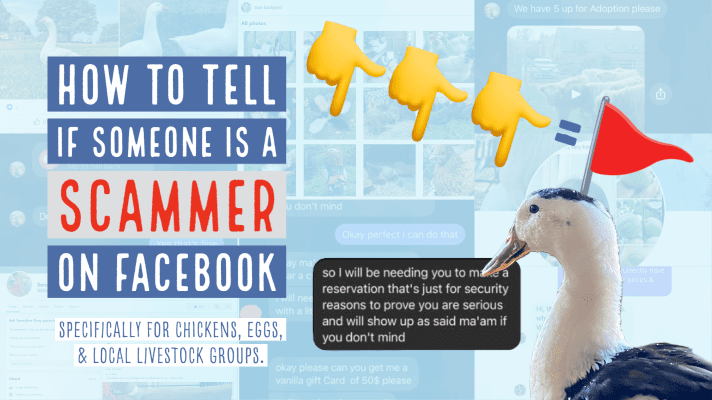
Red Flags in Scammers' Group Profiles
To view someone's group profile, simply click their name from a post or comments within the group. You will then see a summary of their group activity, how long they've been in the group, and some other tidbits of info about them.

Red Flags in Scammers' Main Profiles
To find a person's main profile, click on their group profile, click the three dots, and click the button that says "View Main Profile".
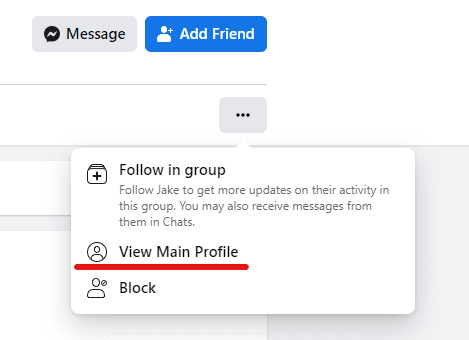
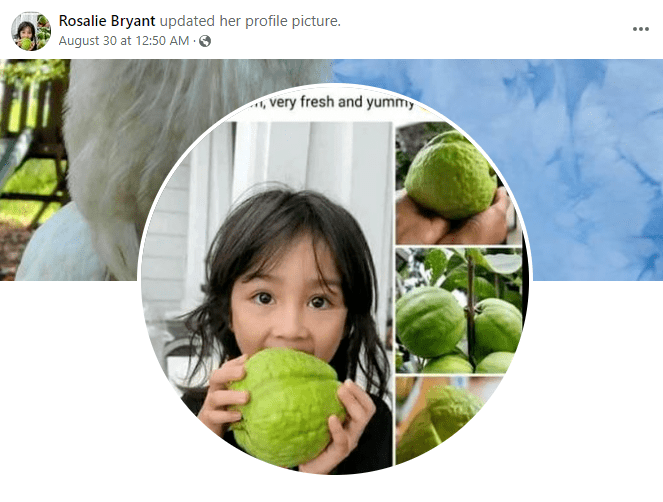
Red Flags on Scammer Farm Pages
The farm page that scammers recommend is an easy way to find potential red flags.
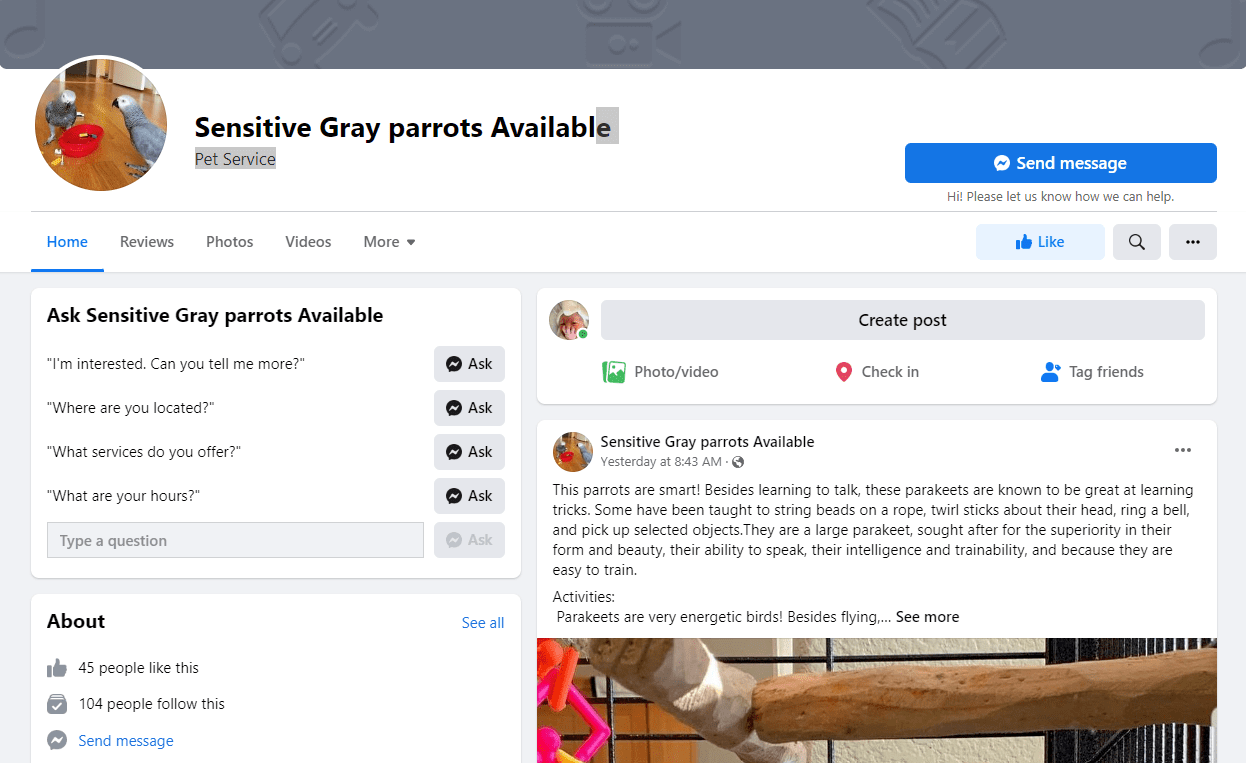
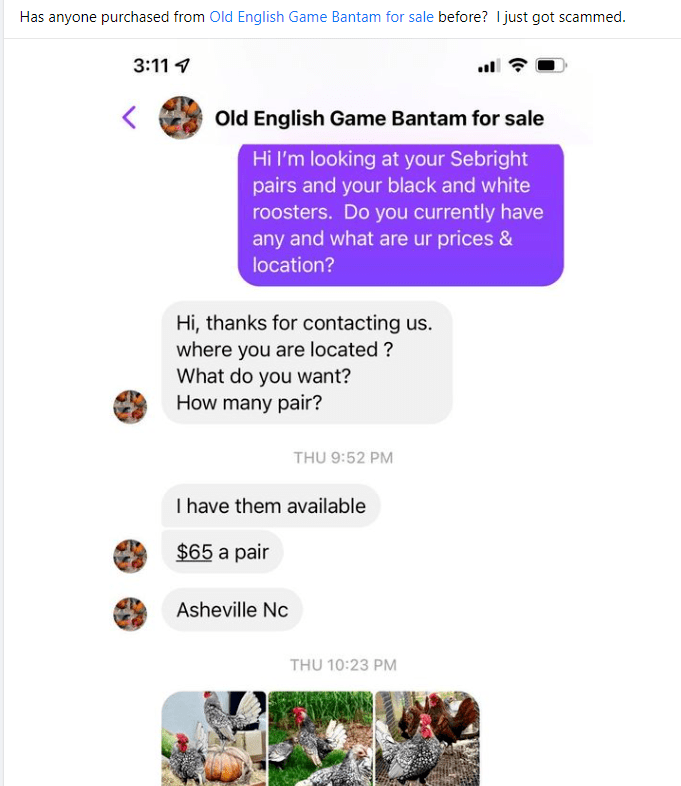
Red Flags While Messaging Scammers
If you're messaging a potential scammer, there are lots more red flags to look for before handing over money.
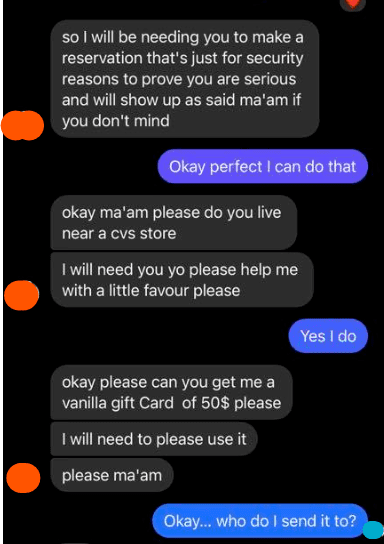
How many red flags can you spot in this photo?
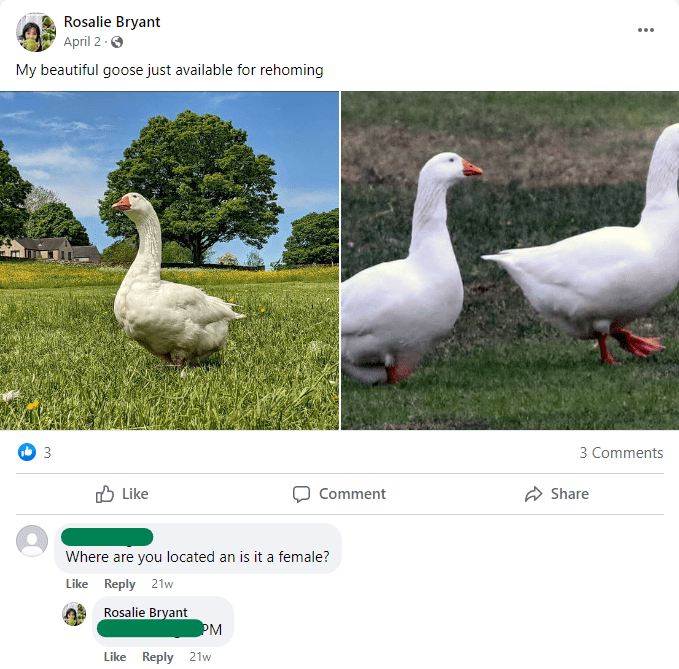
Be sure to share with friends, and comment to tell us what you think!
